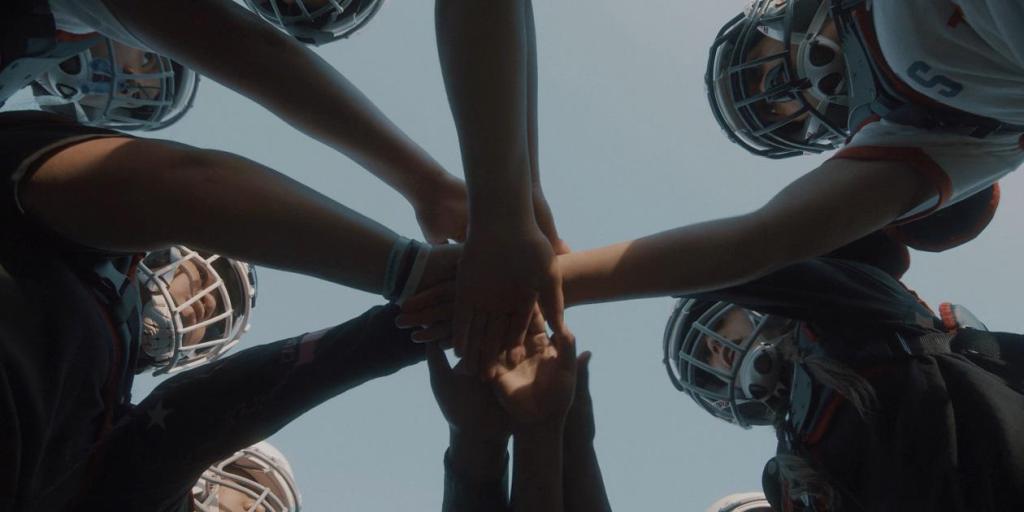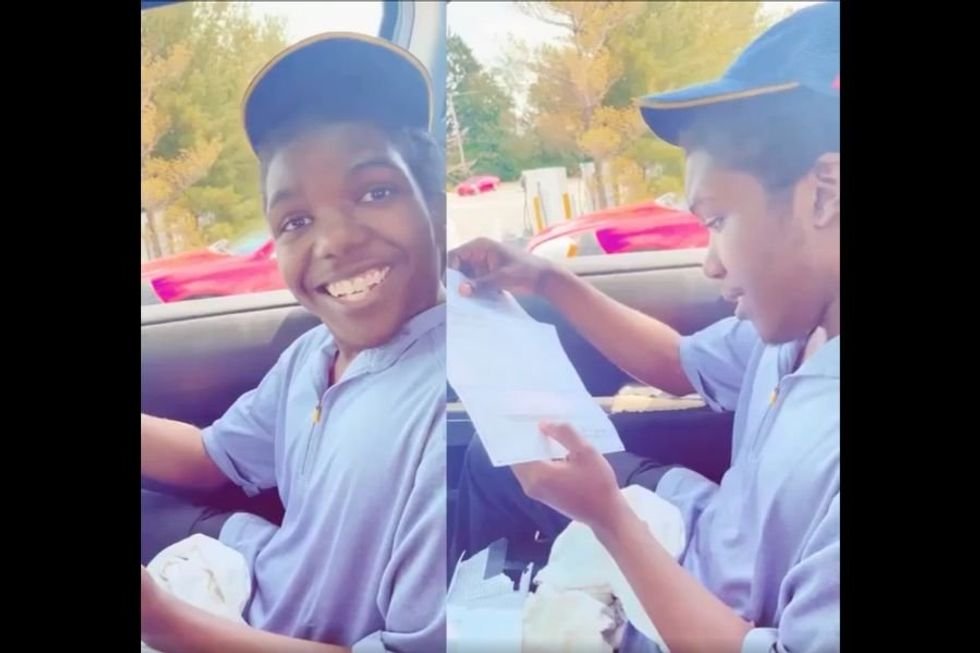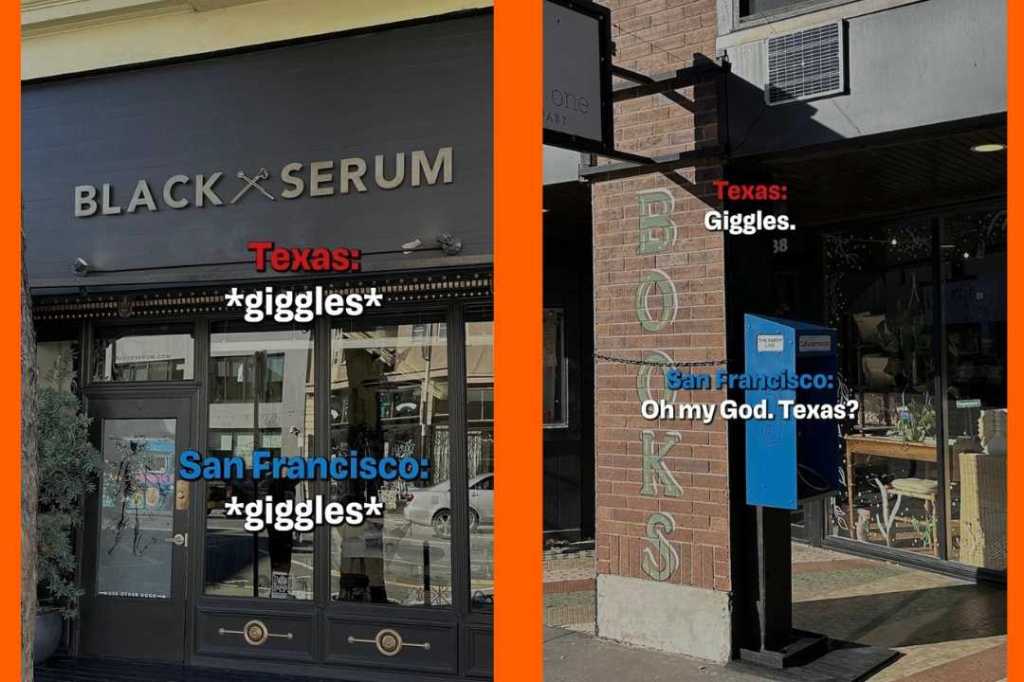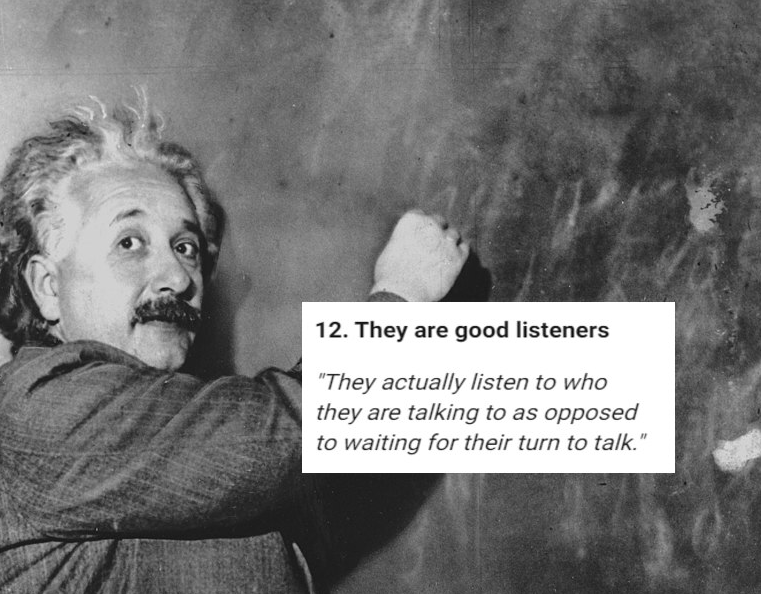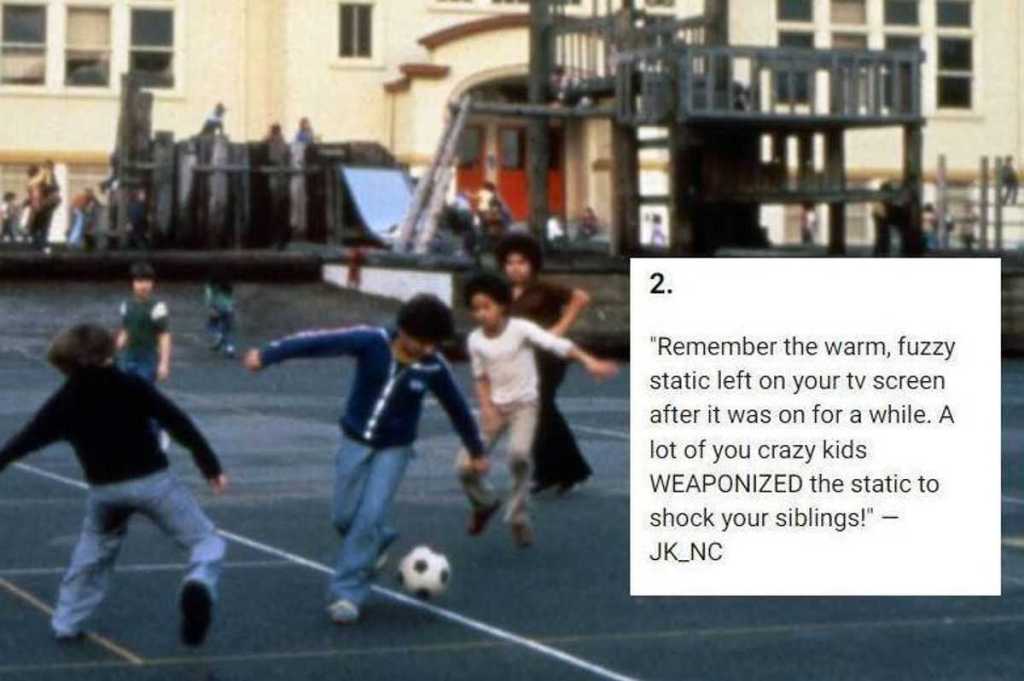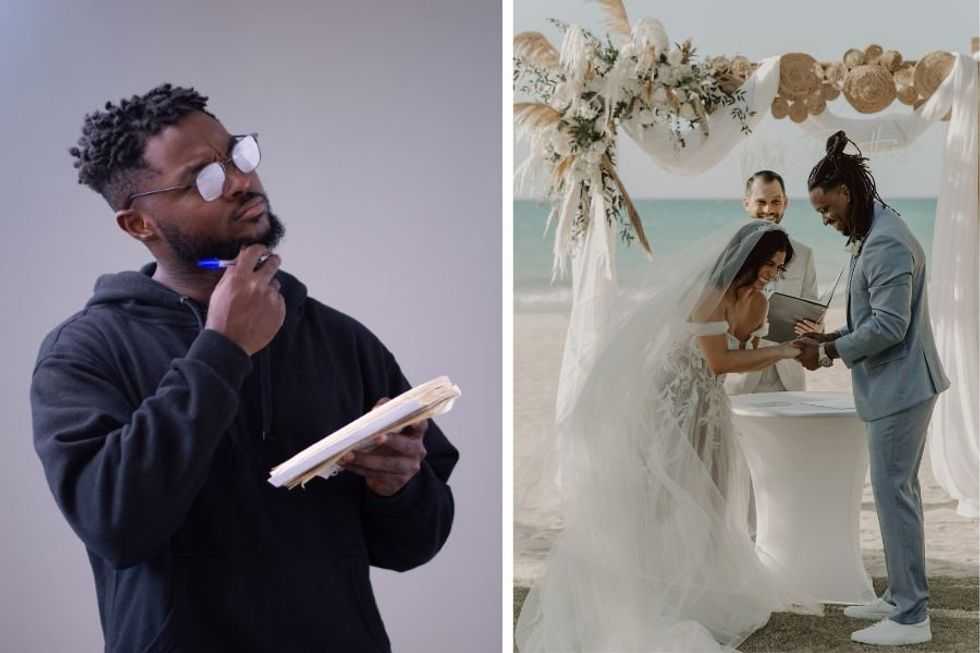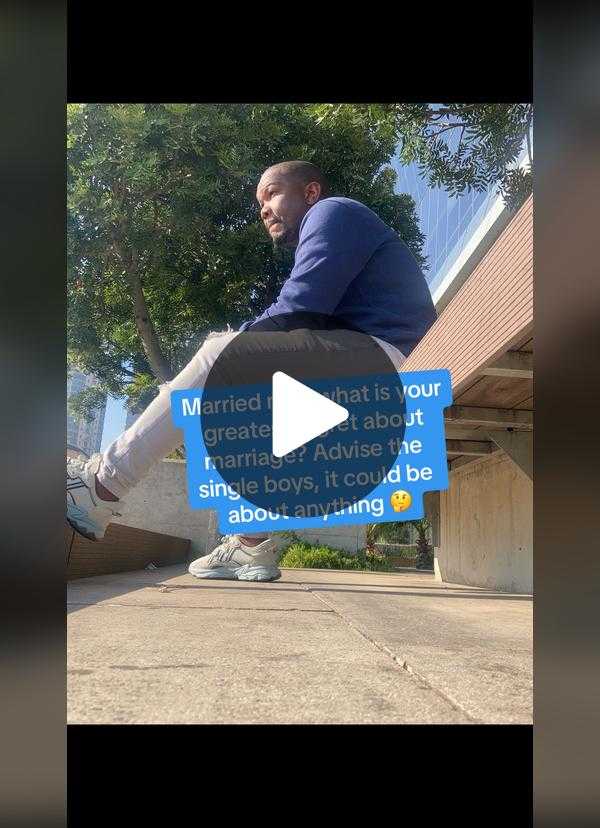I’m not sporty or athletic, but that doesn’t stop me from loving a good sports story. Especially when those stories are focused on women and girls. So when I was introduced to “First Down” as a part of this year’s Outfest, I knew it was absolutely the kind of sports story I would love.
Produced by Riverside Entertainment, this short film tells the story of an underdog team in America’s first girls’ tackle football league. Living in Utah, the girls, along with their coach Crys Sacco, have to overcome personal hardships to help the team to victory. The film’s director, Carrie Stett, talked to me about this dynamic group of young women and their beloved coach, and how sports can change lives.
[vimeo https://vimeo.com/587551325 site_id=19596302 expand=1]
In the 11.5 minute film, we meet several members of the team: Giselle, Abby aka JD, Liz and Riley. Stett found the team by researching places where young women were “receiving the benefits” of Title IX, which “gives women athletes the right to equal opportunity in sports in educational institutions that receive federal funds, from elementary schools to colleges and universities,” according to the Women’s Sports Foundation. Stett, a former athlete herself and huge football fan, revealed that after discovering the team she “just fell in love with them.” And when you see them, you totally understand why.
It takes some pretty dynamic young women to play tackle football, and the girls on the team clearly love what they’re doing. Unlike other sports such as basketball, tennis or swimming, football is seen exclusively as a man’s sport. But, of course, we all know that isn’t even the slightest bit true. Women’s football teams have existed for a long time, but don’t get nearly as much recognition as they should. This is especially true for school-aged girls who may be playing the sport. It’s still seen as shocking when a girl wants to play football. Not because of all the potential injuries, but simply because they’re girls. How utterly backward is that?
As we see in “First Down,” playing football gives these girls a sense of purpose and a sense of self that they haven’t been able to find anywhere else. Their sheer determination and love for the sport is one of the things that compelled Stett to tell their story. “What I loved about them is that they are underdogs,” she explained. “I just loved that they were such an example of girls from all backgrounds coming together. And some of them had real personal challenges. So to me that was very interesting as a storyteller, to give them a voice that they had never had.”
Several of the girls mention dealing with depression and anxiety. Giselle is open about her body image struggles and how she found more body confidence in playing football. Being surrounded by other girls who have similar body types and learning how to find the power in that to play football has given her a newfound sense of confidence. In the film, she mentions how after her first week of practice she cried. “I feel like I found something that I feel good about—something that can give me more confidence. Somewhere where I’m useful,” she said.
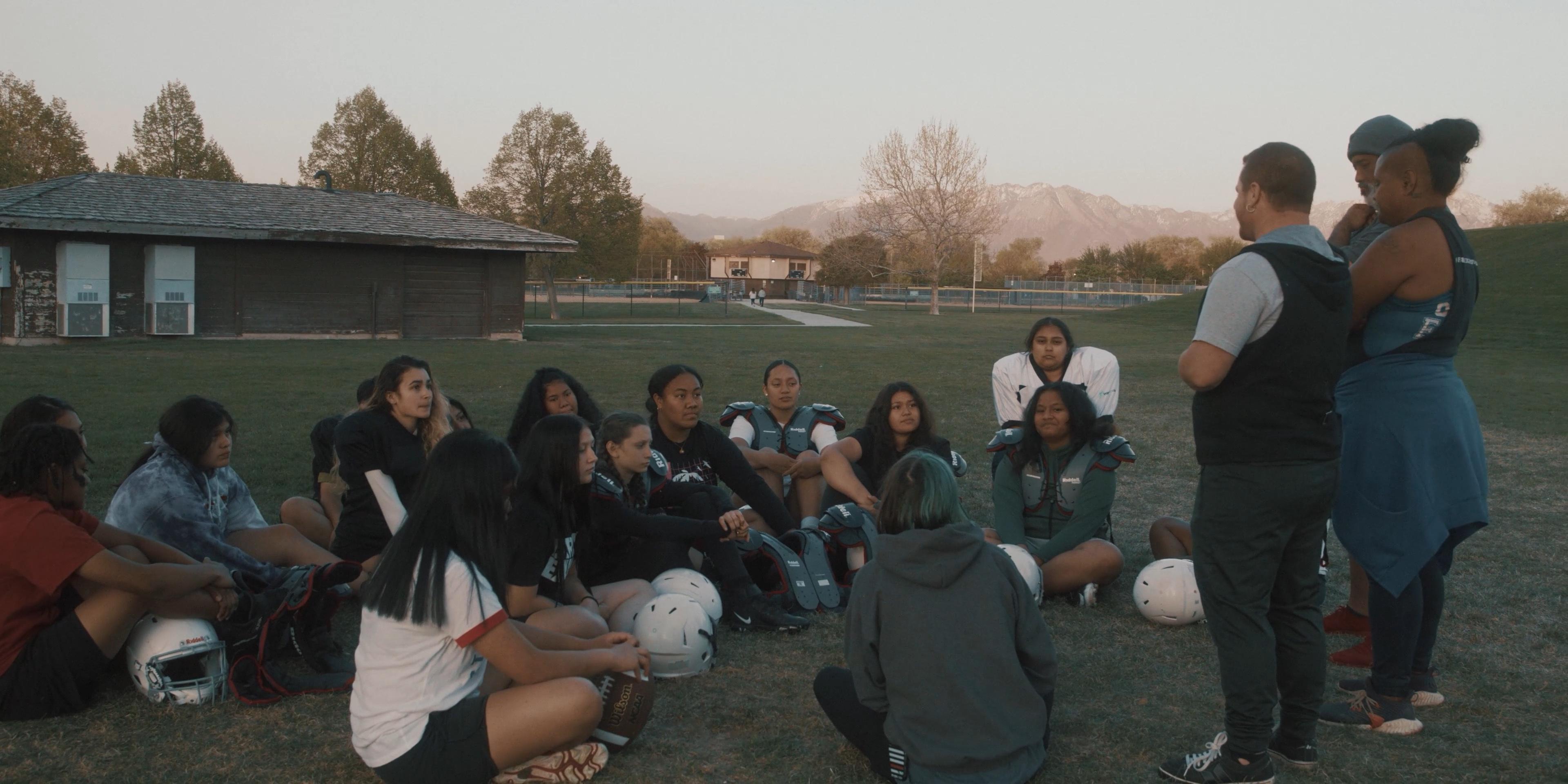
Liz talks pretty openly about living in a house with people dealing with addiction. She admits that her dad and brothers punch holes in the walls because of anger issues. Riley suffers from depression, anxiety and PTSD. She was placed in the foster care system at age 7 due to her biological mom’s addiction. She was adopted by the first lesbian couple allowed to foster in Utah.
“I just thought I’d never be able to play football because I’m a girl,” JD says. “Then this opportunity came for girls’ tackle football and I was like ‘Dad, Mom, please! You know how much I want to play football.’ And they were like ‘OK, we’ll sign you up.’” She is the team’s quarterback, and it’s clear that playing football gives her an immense sense of purpose.
“Some of the players had some trepidation with talking about their personal stories,” Stett explained. “It took time to get them to open up, but I think that what happened was, once they got to talking, they realized that they could talk maybe in a way they hadn’t been able to talk about any of this before.”
Much of their fear was eased by Coach Crys’ trust in Stett and her crew. At the first practice, Crys introduces himself as Crys, stating that the previous season, he had gone by Crystal. But now he’s using he/him pronouns. If it’s an issue for anyone, they don’t show it. They go on about their business and play football. As many of them point out, being on the team allows you to be who you are, and that’s the beauty of it all. In one scene, we see Crys being injected with testosterone, which is just part of his life.
“I didn’t go out seeking that storyline, it happened to be what Crys was dealing with at the time,” Stett said. “So we really just talked about it and Crys was, to his credit, very open about it. It was really important to me to let him be what he wanted to be—we were just capturing what happened.”
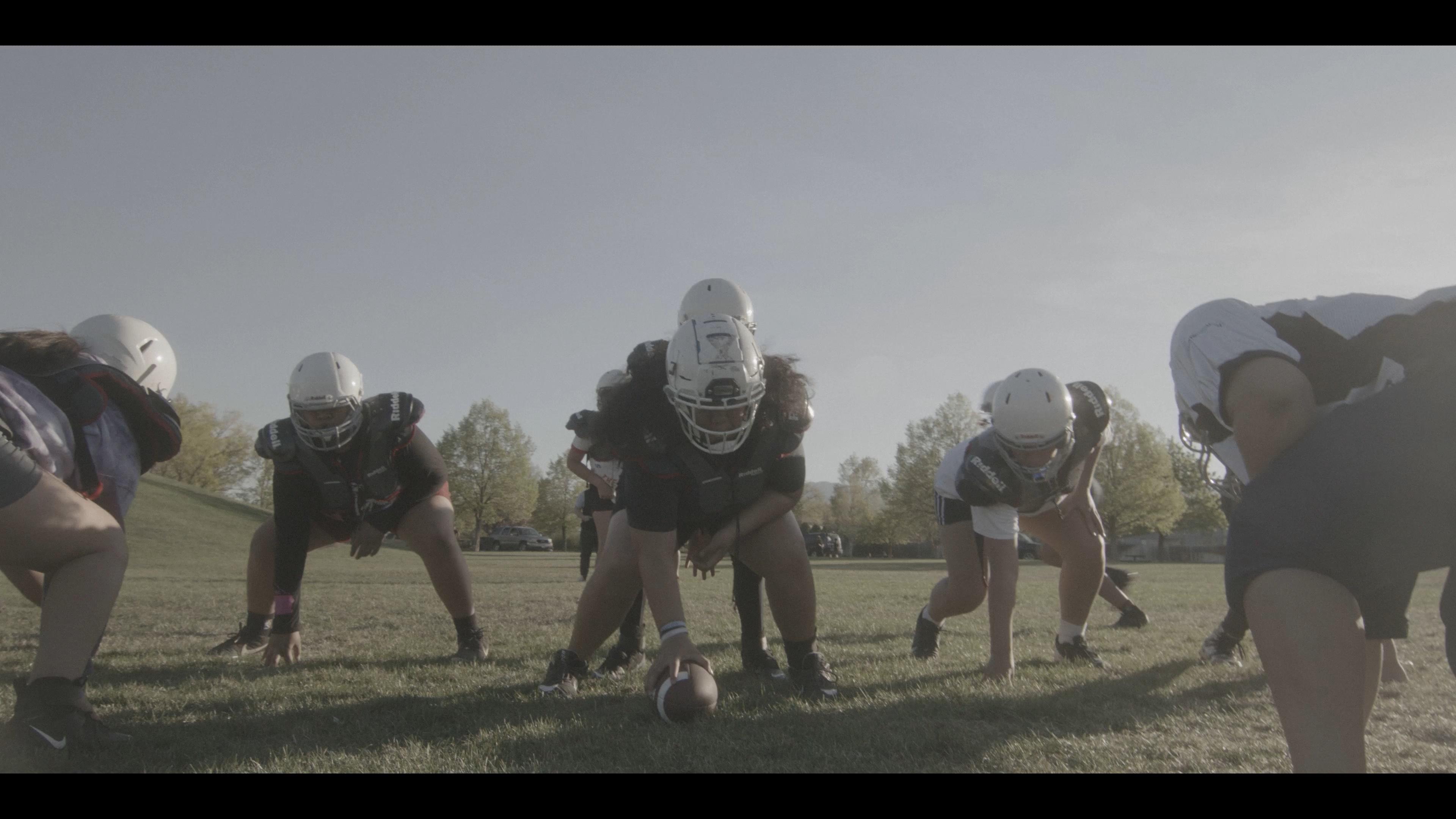
“First Down” focuses on the beginning of the season and the team’s goals and dreams for the season. At the time, they had never won a game, but their goal was to win the championship. We learn at the end that they didn’t win that year, but they did the following year. It was a really big deal for them, not just because as a team they want to win, but it shows people who may be watching that an underdog team like that deserves as many chances as they can get. Having a winning team can lead to more opportunities—not just for the girls, but for the league. Stett believes that films like this not only tell the stories of the individuals, but allow for more representation.
“I looked around for leagues, but very few of them have survived. There’s been some all over the country, but this is the one that’s made it. So there’s not a big infrastructure. This is an individual league, it’s not attached to or part of school, like other sports. And when it’s not part of school, it costs money and takes time and takes real involvement,” she pointed out.
When I asked Stett what she wants audiences to take away from “First Down,” she was contemplative. It’s a hefty question, but it leaves room for introspection. “I hope that it creates awareness that this exists, because most people say, ‘Oh, I didn’t even know that that existed,’” Stett said. “There’s so many levels that this could be eye-opening, but I also hope that people see the value in it.”

